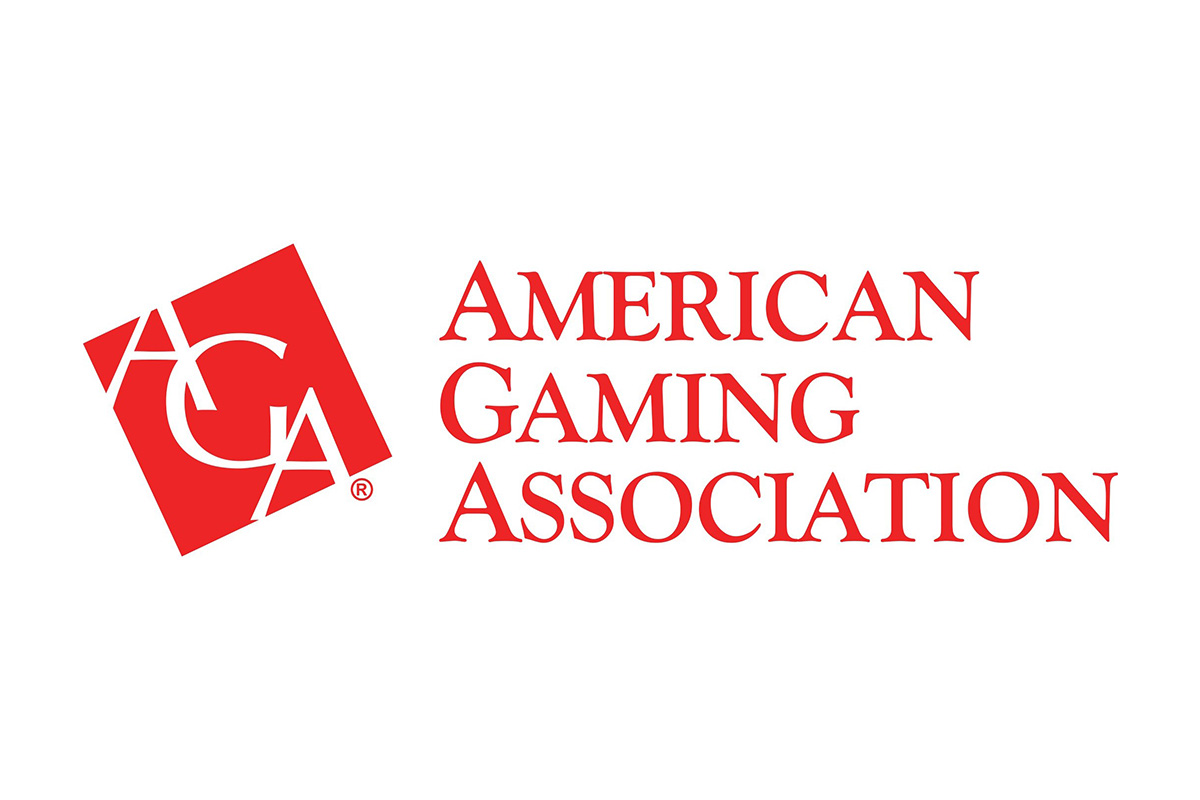
Promoting Responsible Gaming a Must for 2023
2022 has been another good year for American gambling companies. More states have made sports betting legal and several have also gone across the border to launch in Ontario. Will 2023 be as good?
The new year is guaranteed an exciting beginning for American gamblers. After a long wait, legal sports betting will be launched in Ohio on January 1.
With a tax rate of 10% (far lower than the 51% in New York), the top gambling businesses are all ready to enter the Ohio betting market. That includes DraftKings, BetMGM and FanDuel. The long awaited launch comes just in time for the NFL play-offs and of course the Super Bowl.
That should guarantee a busy start for legal sports betting in Ohio. It won’t quite mirror that seen in New York when they launched mobile sports betting at the start of 2022. The frustration of not being able to legally place bets in Ohio will be over.
It’s not just the gamblers who will be relieved. It has been a frustrating time for the state with neighbors Pennsylvania, Michigan and Indiana already having made sports betting legal and receiving millions in tax revenue.
Gamblers in the state will be eager to place bets on teams such as the Cincinnati Bengals and Cleveland Browns. There will also be plenty of wagers on college sports too. The estimates are that there will be around $90 million in taxes earned per year from sports betting, particularly online.
No longer will gamblers have to use offshore sports betting sites, again denying the state of Ohio tax revenue. That’s one of the most important factors in the sports betting revolution that has been taking place in the US.
When gamblers were unable to legally bet on sport, they registered with offshore sites. The problem with this was the lack of protection for customers. Now that an increasing number of US states have made sports betting legal, it is a different story.
Customer protection is important because sadly there are still some rogue sites out there. They have welcome bonuses that are nowhere near as good as they look. Wagering requirements or odds restrictions can be so strict that it’s hard to withdraw any cash from the bonus received.
With gambling companies having to be licensed they cannot get away with such behavior. If they do, then they are in serious danger of losing the license they have been waiting so long to receive.
Another important area is that of responsible gaming. It is a worry that this new world of sports betting will lead to an increase in the numbers that become addicted to gambling.
Recently the leading gambling companies in the US agreed a 12-point pledge that sets up an industry benchmark re responsible gaming standards.
It’s an important step with the aim of ensuring that players are treated well. The main aims of the pledges are to produce a situation where online gaming is seen as fun and entertainment not a way of making money. It is important also to recognize the fact some players will develop problems and they need to be given support, particularly those who opt for self-exclusion.
The prevention of underage gambling is at the top of their pledges list. Others include having rules to games that are actually understandable. Online slots players will know that isn’t always the case.
Hopefully the pledges will see a safe gambling industry created in the US. Showing that the members of the industry can work together is important. There are still many states that are yet to make sports betting legal.
More will go down that route in 2023 but there are still several that are resisting the idea of doing so. The lure of tax revenue from gambling sites may become too strong for some states. If the industry can show that they wish to promote responsible gaming, then that will help persuade some states to take the plunge.
One area is ensuring that customers are given the message to only gamble what they can afford to lose. Equally important is that the gambling sites themselves take swift action when they see customers spending and losing high amounts.
In the UK, there have been cases where betting companies haven’t been doing this. The UK Gambling Commission have issued fines worth millions of pounds to companies such as Entain (who are also active in the US market) and 888 who have been guilty of allowing customers to bet far too much and not always question where the funds are coming from.
2023 looks like being another successful year for the US gambling industry. Betting sites know that this is an opportunity they cannot blow. Ensuring that they are seen as an industry that cares for its customers is a New Year’s resolution that has to be kept.










